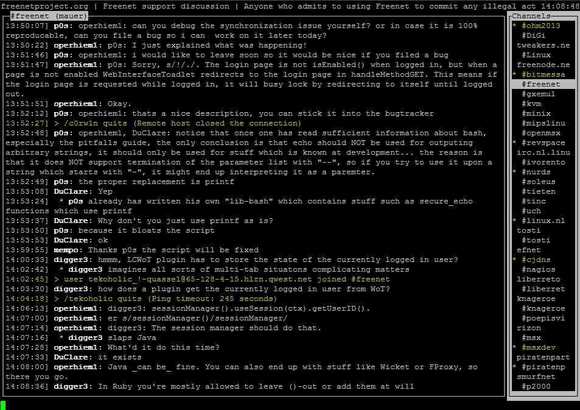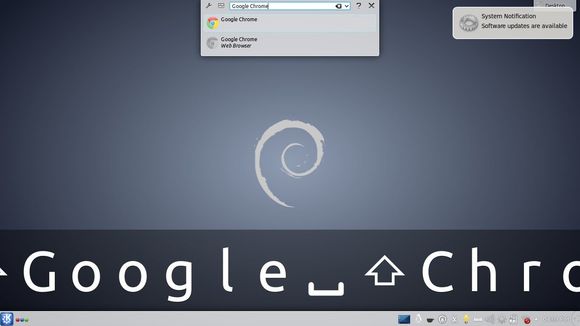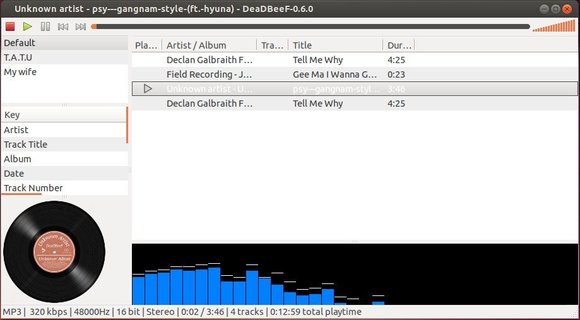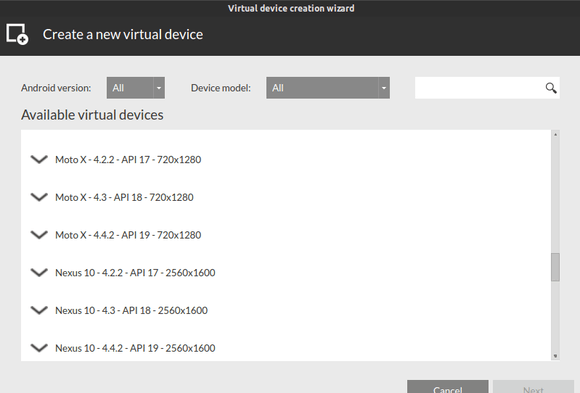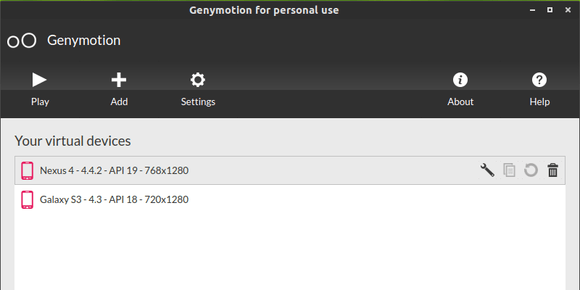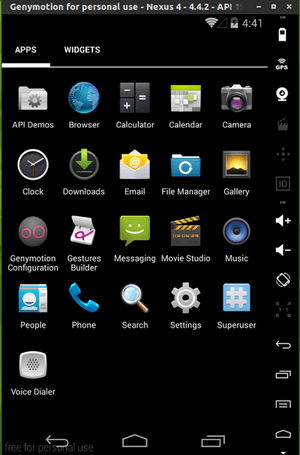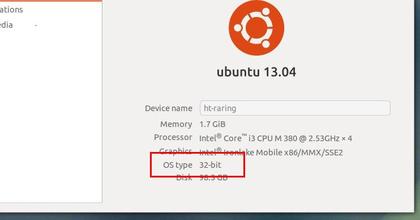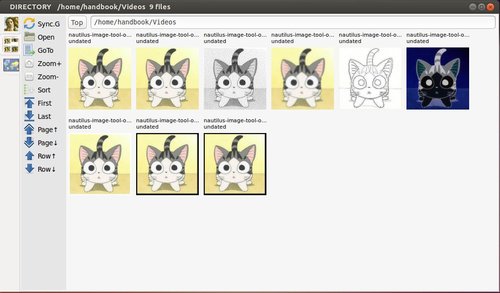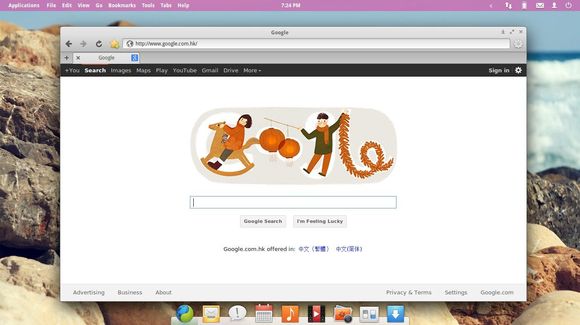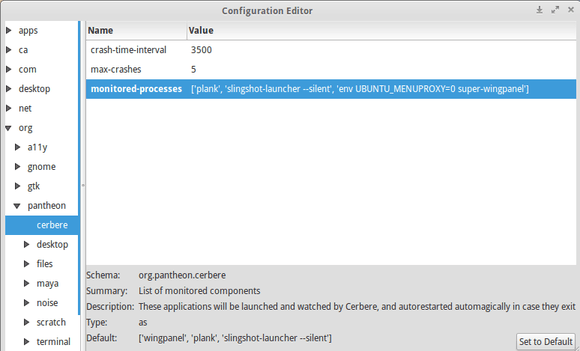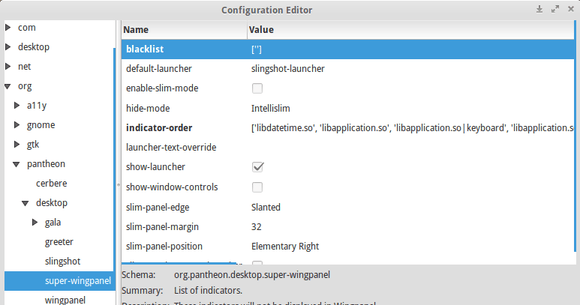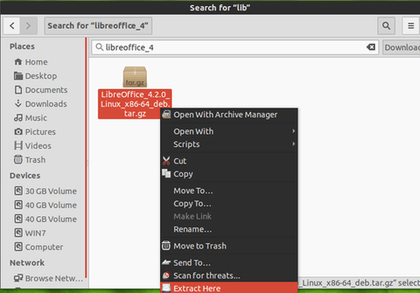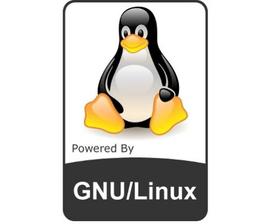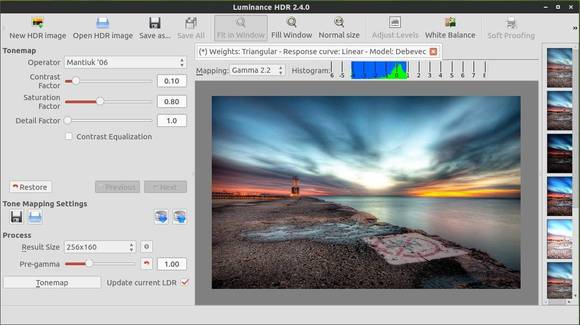The command-line irc client f-irc has reached version 1.32. This release sanitizes user interface logic. A crash in /LIST has been fixed. The user menu now automatically retrieves full names. Joining a channel from the list shows the topics as well. DCC did not work. This release can let the channel list be sorted. Improved search in channel and user input scrollback windows.
The source tarball is available in its official web page.
For Ubuntu 14.04, Ubuntu 13.10, Ubuntu 12.10, Ubuntu 12.04, Linux Mint and their derivatives, you can install this client from my PPA.
Press Ctrl+Alt+T on keyboard to open the terminal. When it opens, run below commands one by one:
sudo add-apt-repository ppa:ubuntuhandbook1/apps sudo apt-get update sudo apt-get install f-irc
This will add the PPA, update your system packages list and install f-irc client.
Once installed, run man f-irc to get help.



